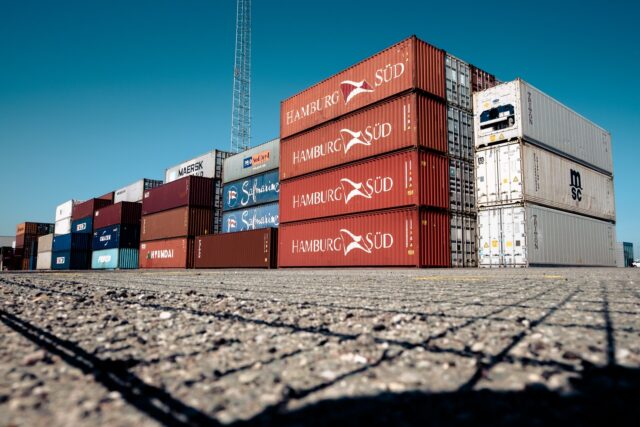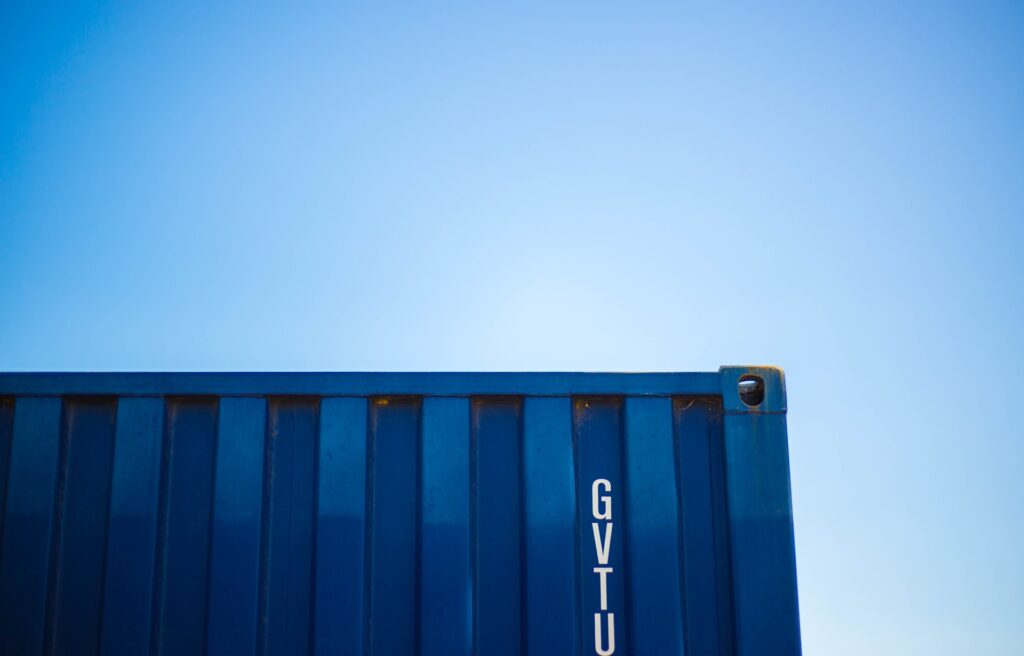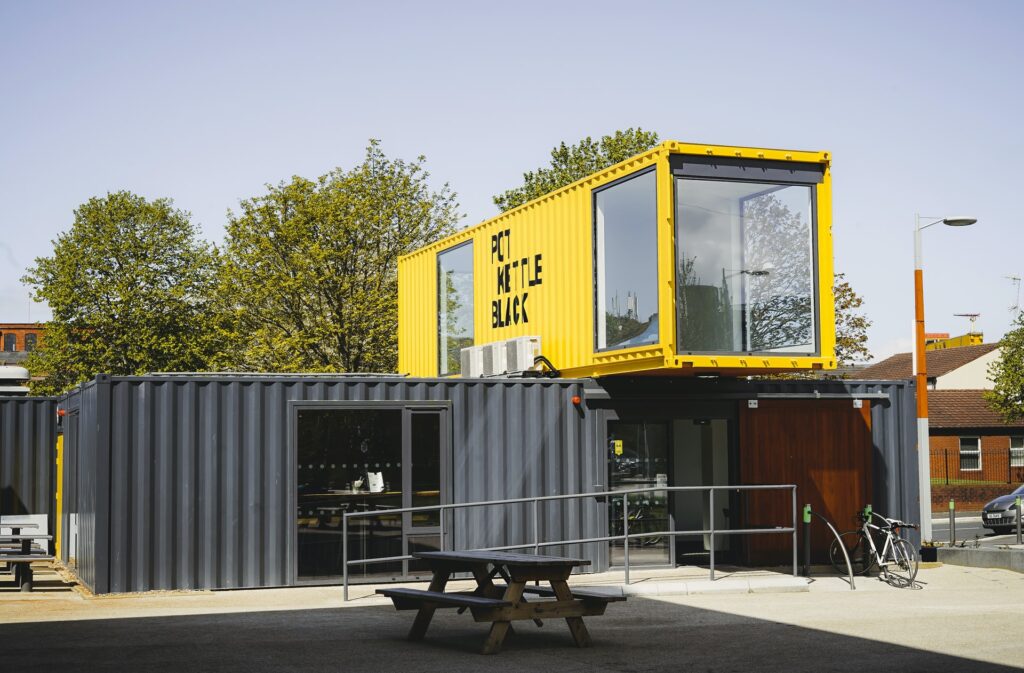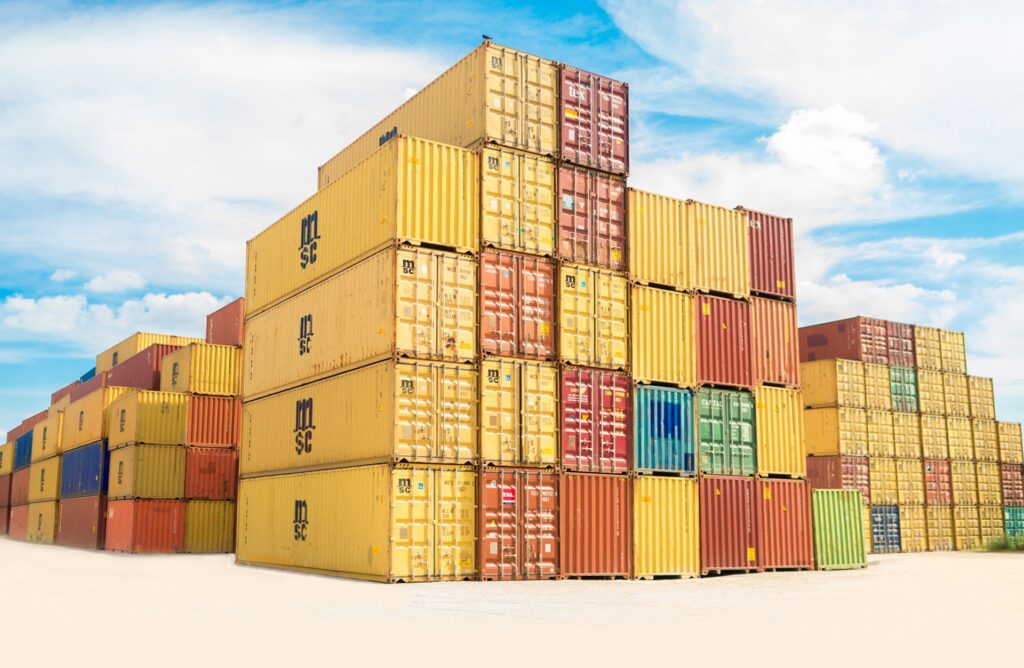
Storage units provide an easy, efficient way to store property for a short or long period of time. Storage units are useful during moving periods, renovations, or decluttering. They are good for storing seasonal items, tools and can serve as makeshift garages.
Moving is a stressful and chaotic experience. Making use of storage facilities to hold your possessions and valuables reduces worry and anxiety. Storage facilities offer personal and commercial storage units.
Personal storage units hold seasonal clothes, tools, and furniture. In essence, personal storage is for items belonging to an individual or family. Offices and factories use commercial storage units for many purposes.
Commercial storage units hold documents, packaging items, and large quantities of products. A storage facility offers units in various sizes.
What Can A Storage Container Store?

There are several things that are suitable for storage in a unit. They include:
Furniture: storage units see plenty of furniture. Tables, chairs, beds, dressers, and mattresses are common examples. Furniture pieces are bulky, heavy, and hard to move around. People moving to a new apartment can store their items until the move is complete. Furnished apartments will make present furniture redundant. People moving to a new state or country require long-term storage options.
Household appliances: household appliances include dishwashers, washing machines, dryers, and refrigerators. There are various scenarios where appliances might need external storage. People who are downsizing might lack space for large appliances. People seeking permanent accommodation or moving into furnished houses will find a storage unit helpful. Appliances must be cleaned and emptied before storing.
- Books and Knick-Knacks: moving provides an opportunity to declutter. Sort your book collection before packing. Put books you want to keep in storage. Donate books you do not want to charity, schools, or public libraries. You can sell or give out books you do not want to keep. Books have sentimental value, so separate books with care.
Collectibles such as stamps and artwork will be safer in a storage unit. Knick-knacks accumulated during the years can be kept in a storage unit. Worry less about your Harry Potter figurines when they are safely stored. - Electronics: most electronic items are large and expensive as well as fragile. Keep electronics safe when moving or during renovations by storing them. Televisions, DVD players, stereos, gaming equipment, and computers are ideal for storage units. The clean and dry storage units at safestorecontainers.co.nz are ideal for storing electronics.
- Seasonal Gear: a storage unit is suitable for items used during a certain period. Winter clothes, skis, and snowshoes can be stored until needed. Decorative items such as Christmas trees, Easter eggs, and wrapping paper are good for storage. Storing camping gear, surfboards, leaf blowers or snow machines will clear space in the house.
- Commercial items: moving is stressful even for organizations. A storage unit to hold items reduces the stress of moving. Furniture, filing cabinets, and office supplies can be stored during a move. Storage units are ideal for decoration and specialized equipment. Products, packaging, and shipping items are common storage items. On a daily basis, offices can rent out storage units to hold bulky paperwork.
- Vehicles: a storage unit can hold cars, boats, jet skis, and more. A storage unit can serve as a temporary garage for people with no parking garage. Items not being used can be stored until needed. Vehicles registered under the renter’s name are eligible for storage. They must be in good condition.
What Can A Storage Unit Not Store?

A storage facility can not keep certain items in its units. These items are dangerous to life and property or are illegal under the law.
- Hazardous items: ask for an exhaustive list of prohibited items from the storage facility. The law forbids the storage of flammable items and corroding chemicals. Pesticides, acids, gases, and fuel are obviously impermissible. Chemicals such as paint thinner and ethanol can not be kept in a storage facility. Fireworks and explosives are forbidden as well. Storing these items can lead to loss of life and property.
- Valuable items: prized possessions that are expensive or have sentimental value should not be kept in storage. Not because they are not safe, but for your peace of mind. Keep jewelry, artwork, heirlooms, and money in the new home in a high-security safe.
- Firearms and Weapons: storage facilities do not permit the storage of dangerous items. Store guns, ammunition, and other weapons separately. Contact the local arms dealer for advice on storing firearms safely.
- Living things: on no condition should any living thing be kept in a storage unit. This includes plants, animals, and people. Animals and plants can not survive in a storage unit. They require food, water, oxygen, and sunlight to survive.

People can not live in storage units either, it is illegal. If found, the individual is evicted immediately. Give plants to neighbors or donate them to a public space. Keep pets with friends and family as a short-term alternative. Pets can be dropped off at a licensed animal shelter as a final option.
- Food: food items are perishable and are not allowed in storage units. Food will spoil in a storage unit because it can not be well preserved. Consequently, it will smell and grow mold and bacteria. Rotting food will attract insects, rodents, and mold to a storage unit. These creatures can destroy clothes, wires, and other items. Even worse, the insects and rodents may migrate to other units.
- Unregistered/stolen vehicles: there are conditions governing the storage of vehicles. The vehicle must be registered and insured in the renter’s name. Unregistered vehicles are not stored by storage facilities.
- Storage units are useful and helpful. If well- organized, they can hold a large number of items. They reduce the stress of juggling household items during a move or renovation. Storage units also serve as long-term storage options for people. They help to reduce clutter while keeping your possessions safe.







